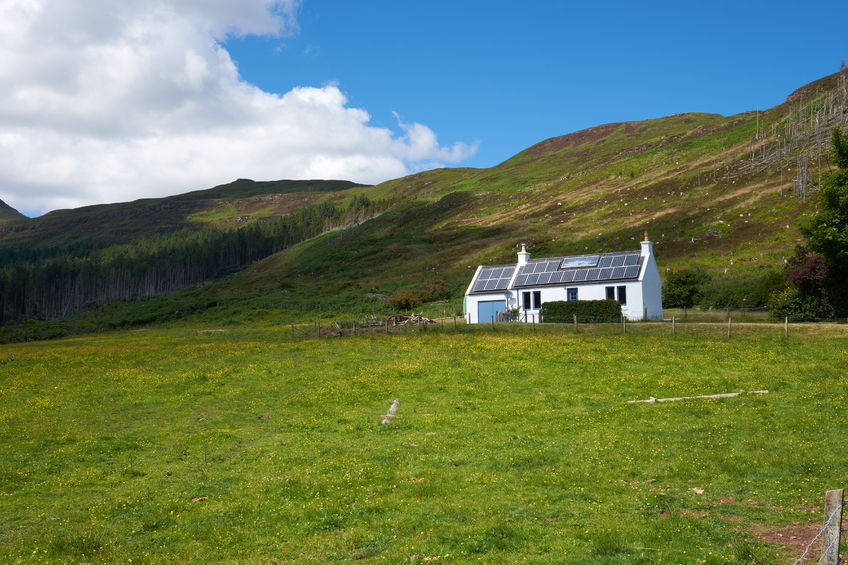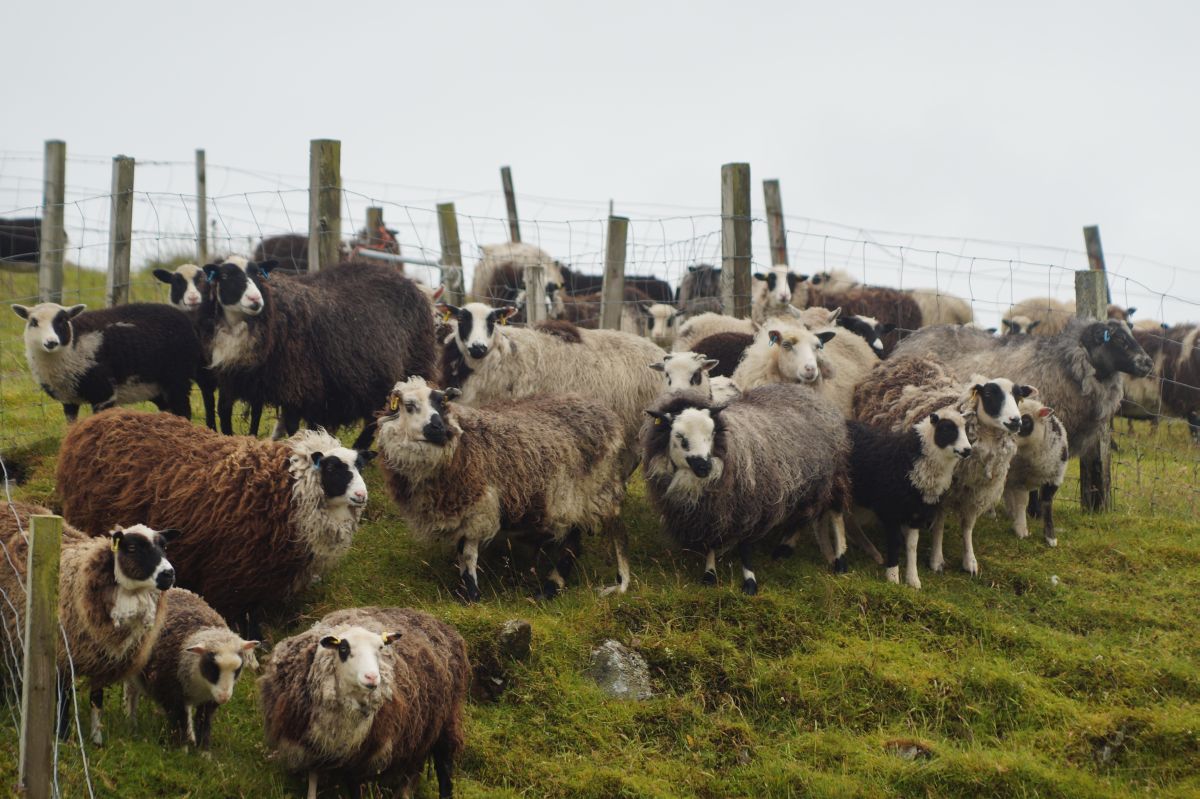
Building a vibrant crofting sector that is 'fit for the 21st century' is among our key tasks, NFU Scotland said after a meeting with Rural Secretary Fergus Ewing.
Crofting is a form of land tenure and small-scale food production particular to the Scottish Highlands and the islands of Scotland.
Despite its challenges, crofting is important to the Highlands and Islands. In 2014-15 there were 19,422 crofts, with 15,388 crofters.
NFU Scotland has more than 750 crofting members.
Speaking after the meeting, Sandy Murray, a crofter from Sutherland said: "NFU Scotland is committed to building a vibrant crofting sector that is fit for the 21st century.

"It needs to chime with the commitments made to crofting in the SNP manifesto for the recent Scottish parliamentary elections.
"That commitment merits a fresh look at the legislation surrounding crofting and we appreciate the Cabinet Secretary’s views that, given the importance of crofting, such issues should not be rushed.
"The promised development of a National Plan for crofting is a positive step and, as a key stakeholder, we would wish to be involved in that.
"Livestock production remains a key element of crofting and we received reassurances that support under the new ewe hogg scheme will be made soon.
"We also looked to the Cabinet Secretary to press ahead and make balance payments under the Less Favoured Areas Scheme – an important tranche of funding to crofting areas.
Future of crofting: New Entrants Scheme
"For the future of crofting, we also discussed a New Entrants Scheme.
"This is not just about monetary support, but is equally about the availability of good advisory support.
"To our mind, the old scheme worked well with field officers on the ground to help new starts and a one-off payment there to assist the outgoing or retiring crofter.
"To drive forward the sector, the influential Rural Leadership programme, currently available only in the Scottish Enterprise area, should be rolled out to the HIE area helping crofters and their families to become potential rural leaders.
"Given the current furore, we also discussed common grazings and the need for grazings committees to be well supported; for guidance on best practice to be promoted and the need for the introduction of up-to-date grazing regulations. This area quickly needs a more pro-active, helpful approach.
"We would like to see continued support given to the process of registering all common grazings on the Crofting Register, either through the Crofting Commission or Registers of Scotland.
"There was some funding given but that has now ceased, leaving quite a number of common grazings still not registered.
"And given the Cabinet Secretary’s role in delivering connectivity across Scotland, the urgent need to deliver reliable and speedy broadband and mobile phone services was raised and seen as crucial in terms of supporting jobs and the rural economy in crofting areas."
